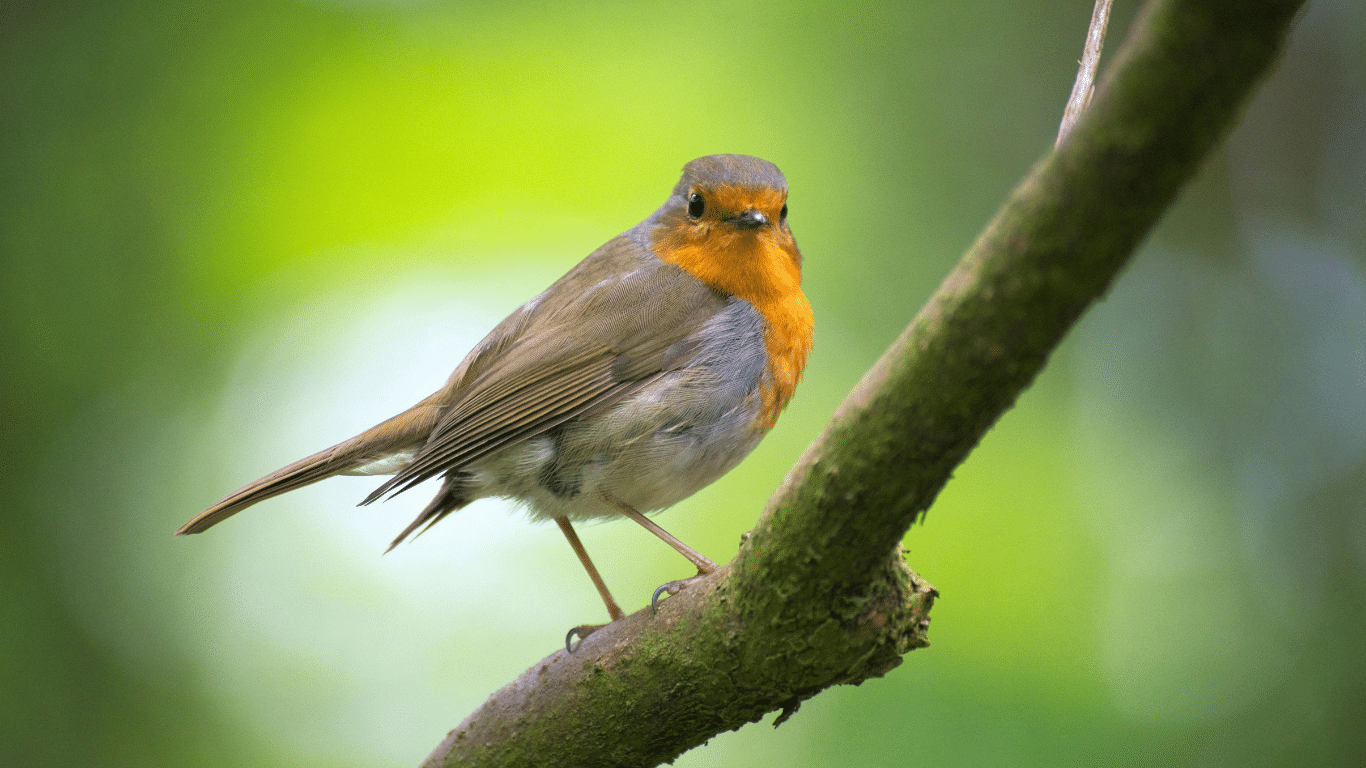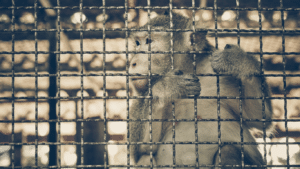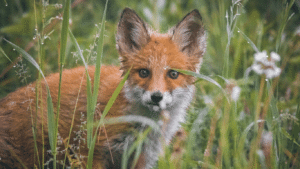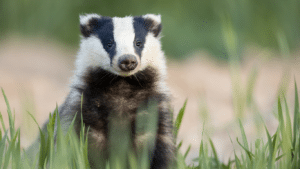Article written by Phoebe Weston
Originally published by The Guardian (Mar 6, 2024)
Report links rise in birds trapped for human consumption to cuts in anti-poaching resources in area of British military base
More than 400,000 songbirds were trapped and killed in Cyprus last autumn as part of a recent increase in wildlife crime, according to a new report.
Organised crime networks use decoys and speakers playing birdsong to lure these small birds – including garden favourites such as robins and sparrows – to land in bushes or orchards, where they catch them with “mist” nets or branches covered in glue. They are then sold via the hidden market to restaurants to be eaten as a local dish called “ambelopoulia”, which consists of pickled or boiled songbirds.
The report, drawn up by BirdLife Cyprus with support from the RSPB and the Committee Against Birds Slaughter (Cabs), found that 435,000 birds were killed this way in autumn 2023 alone. While the number caught has been trending downwards over the past decade, last year marked an increase of 90,000 from 2022.
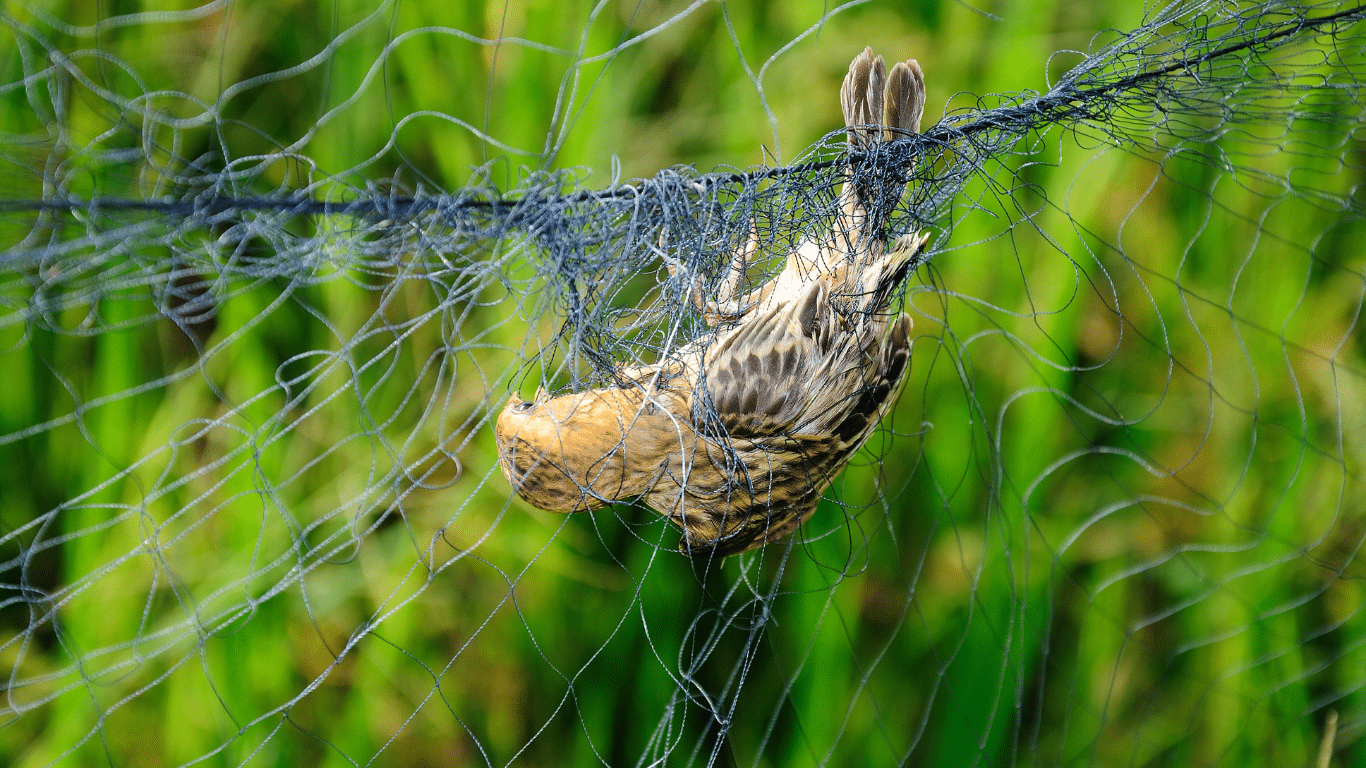
Martin Hellicar, the director of BirdLife Cyprus, said: “Despite the very good progress made in recent years, this autumn was a reminder that this can be quickly reversed if enforcement resources are not maintained.”
Cyprus is a stepping stone for many birds on huge autumn migrations between their breeding grounds in Europe to overwintering grounds in Africa each year. Blackcaps, flycatchers, chiffchaffs, willow warblers, reed warblers and Cetti’s warblers are among those being targeted, many of which are in steep decline in the UK.
The practice of trapping songbirds for human consumption was outlawed in Cyprus in 1974 but it continues to be carried out on an industrial scale. Twenty years ago, more than 2 million birds were caught like this every year, with more than 10 million killed in the 1990s. Since then, law enforcement authorities in Cyprus have been working with BirdLife Cyprus, Cabs and the RSPB to reduce the number of birds killed.
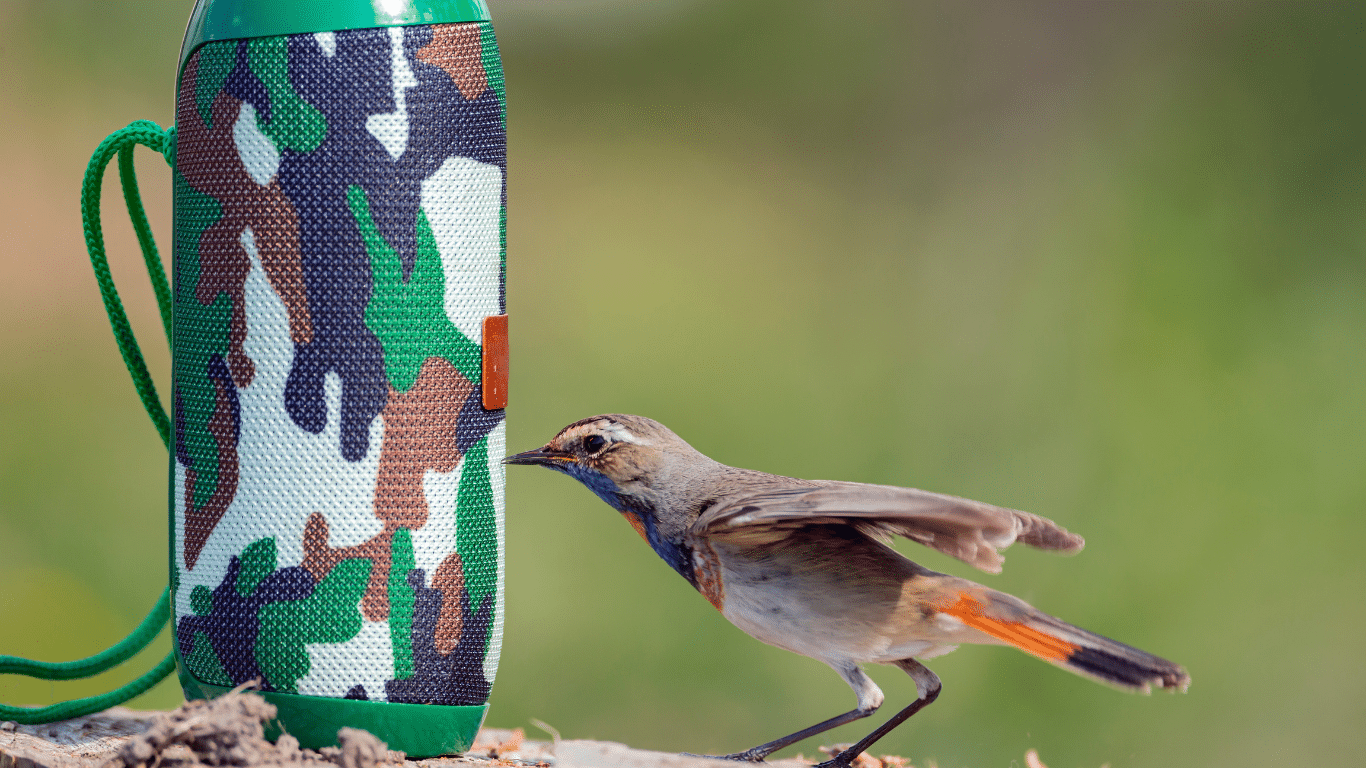
Authorities found that more than 4.5km of netting was being used to trap birds. Much of the increase came from the British military base in Cyprus – the Sovereign Base Area (SBA) – where there was a 41% increase in nets out than during the previous year.
The resources of the SBA anti-poaching unit were reduced significantly at the start of the autumn 2023 trapping season. The report said: “This season was a good case study of what can happen when police resources are removed/redirected from illegal trapping enforcement and deterrence action.”
Mark Thomas, the head of RSPB investigations, said organised trappers are continuing to make huge profits for little risk. “We cannot allow the progress we have made to be undone and the shocking levels of songbird killings to return to the abhorrent levels we once saw,” he said.
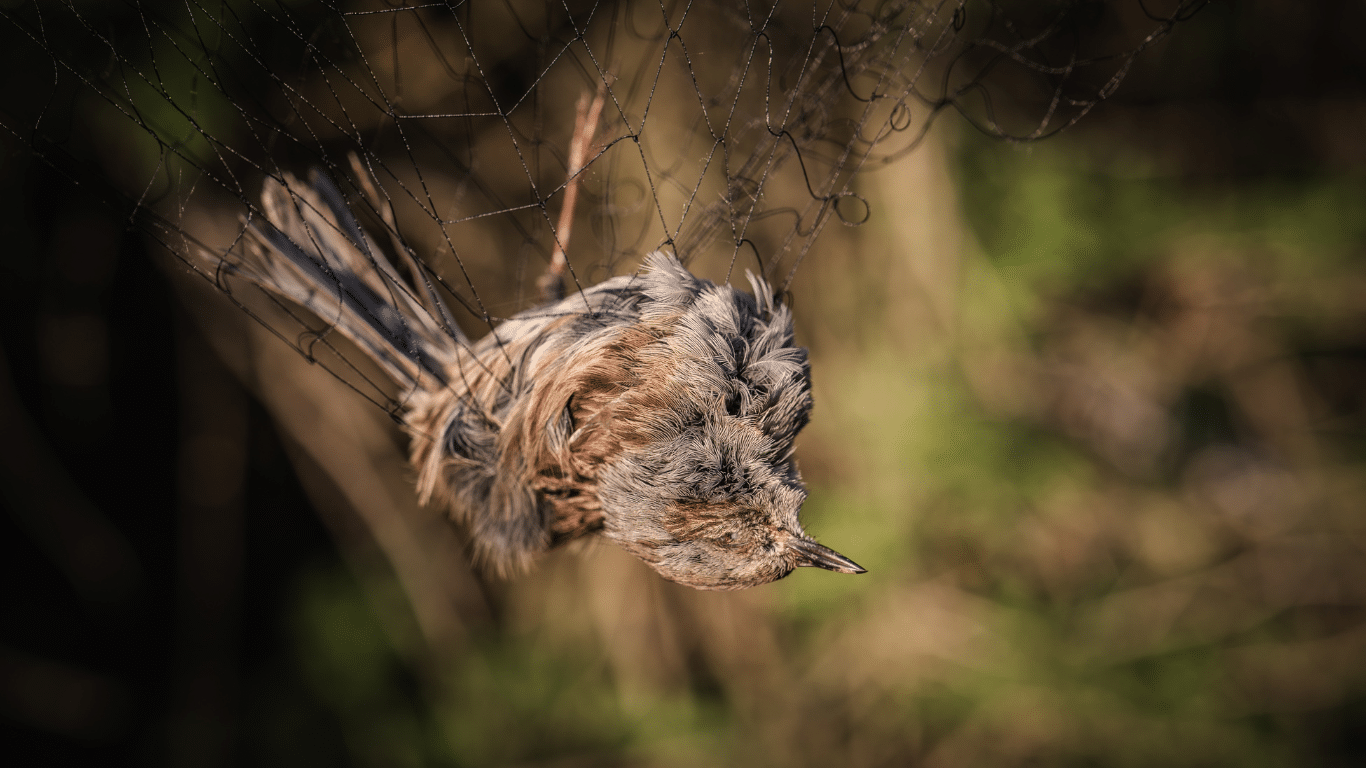
Thomas added that police resources were needed to keep bird trapping levels low. “For two decades, our international partnership has shown that we can work together to tackle this criminal activity through direct action on the ground backed up by enforcement action,” he said. “However, this autumn shows that more still needs to be done, particularly in the Republic of Cyprus.”
Hellicar said BirdLife Cyprus has been growing an awareness-raising campaign that aims to “achieve a change in the hearts and minds of the local culture, from eating to protecting and appreciating them [birds]”.
“This is an even greater challenge to overcome, but we are committed to continuing and confident that eventually we will see a positive behavioural change in favour of bird conservation,” he added.

